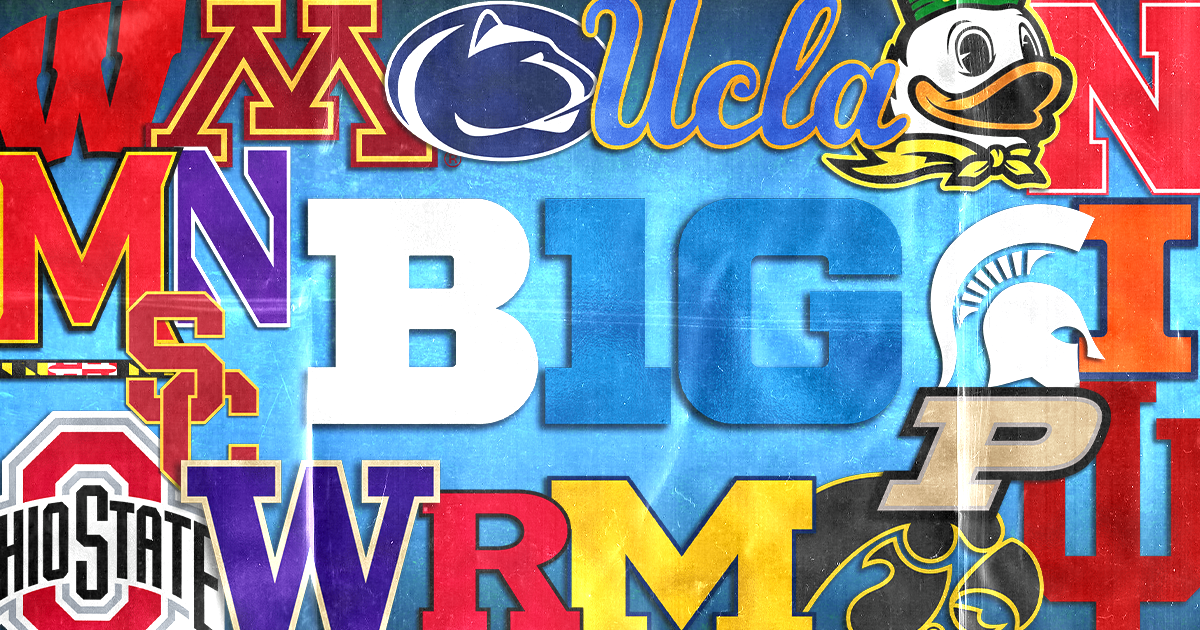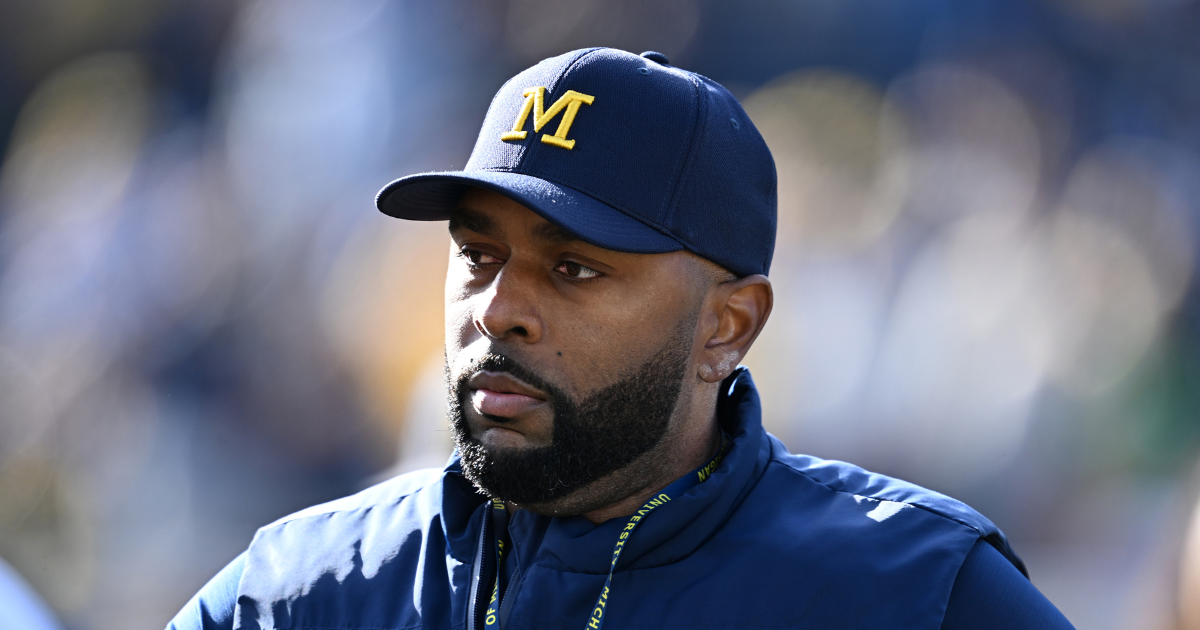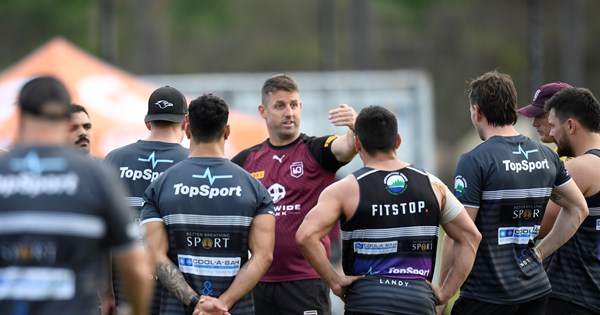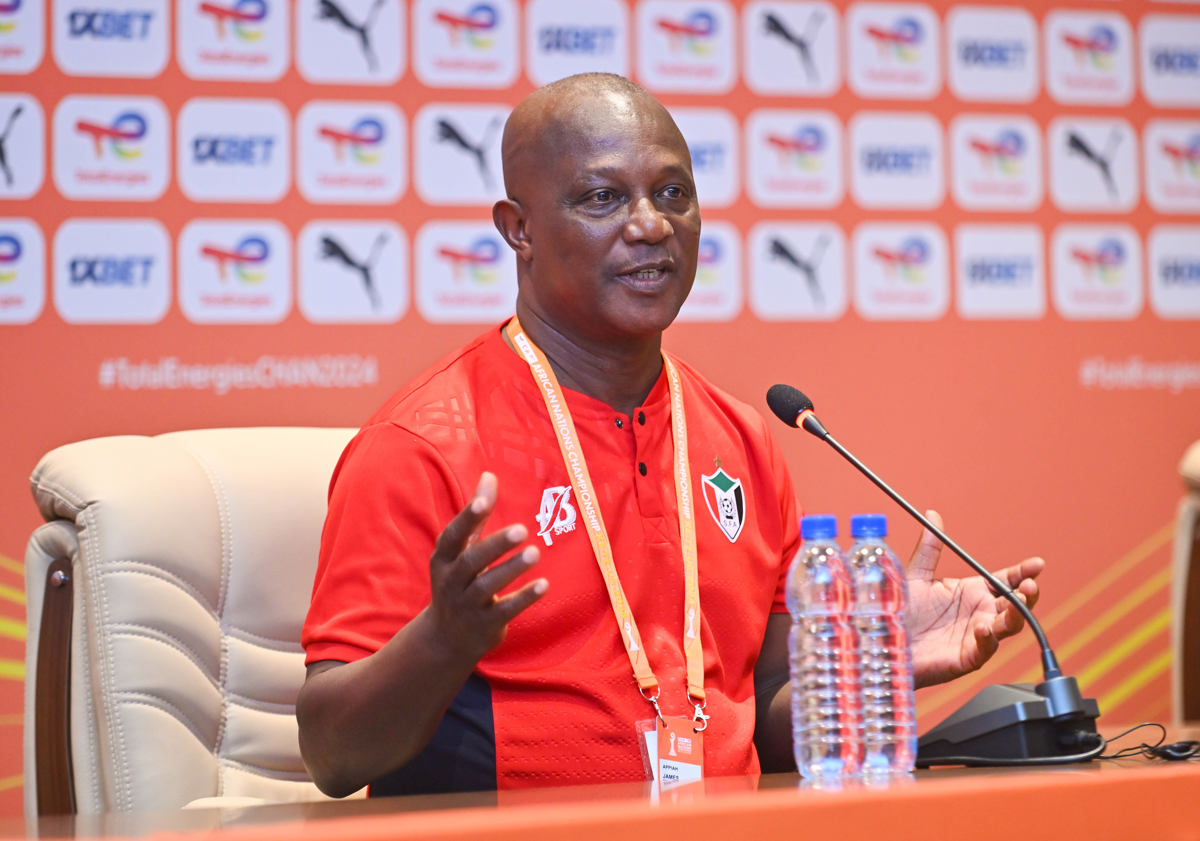Quinshon Judkins could have tried to return to college (and still could)

During the draft, a question emerged regarding whether quarterback Shedeur Sanders could, and whether he should, try to return to college for another season. Now, as the regular season looms, another Browns draft pick faces the same question — at least in theory.With the Browns not signing running back Quinshon Judkins, the 36th pick in the 2025 draft, and with the NFL investigating him for potential punishment under the Personal Conduct Policy, Judkins could have tried to return to college football for another season.In theory, he still could.NCAA rules remain under siege as antitrust violations. Last week, a federal judge issued a preliminary injunction to four West Virginia players who had been denied an eligibility waiver for 2025. For Judkins, the issue isn’t whether he has lingering eligibility; it’s whether he can use it after declaring for the draft and being drafted.If the player never signs an NFL contract (and Judkins has not), why shouldn’t he be able to return to college? The NFL’s Collective Bargaining Agreement contemplates the possibility of a player returning to school after the draft. While not binding on the NCAA, it shows that it shouldn’t be viewed as an impossibility.If Judkins would play in college football this year, the Browns would still hold his contractual rights. If he doesn’t sign with the Browns at all, he would re-enter the draft in 2026.Regardless of whether Judkins would pursue the option to return to college, it’s an option that players previously didn’t have. They now do, and it would be foolish to not explore all options.












